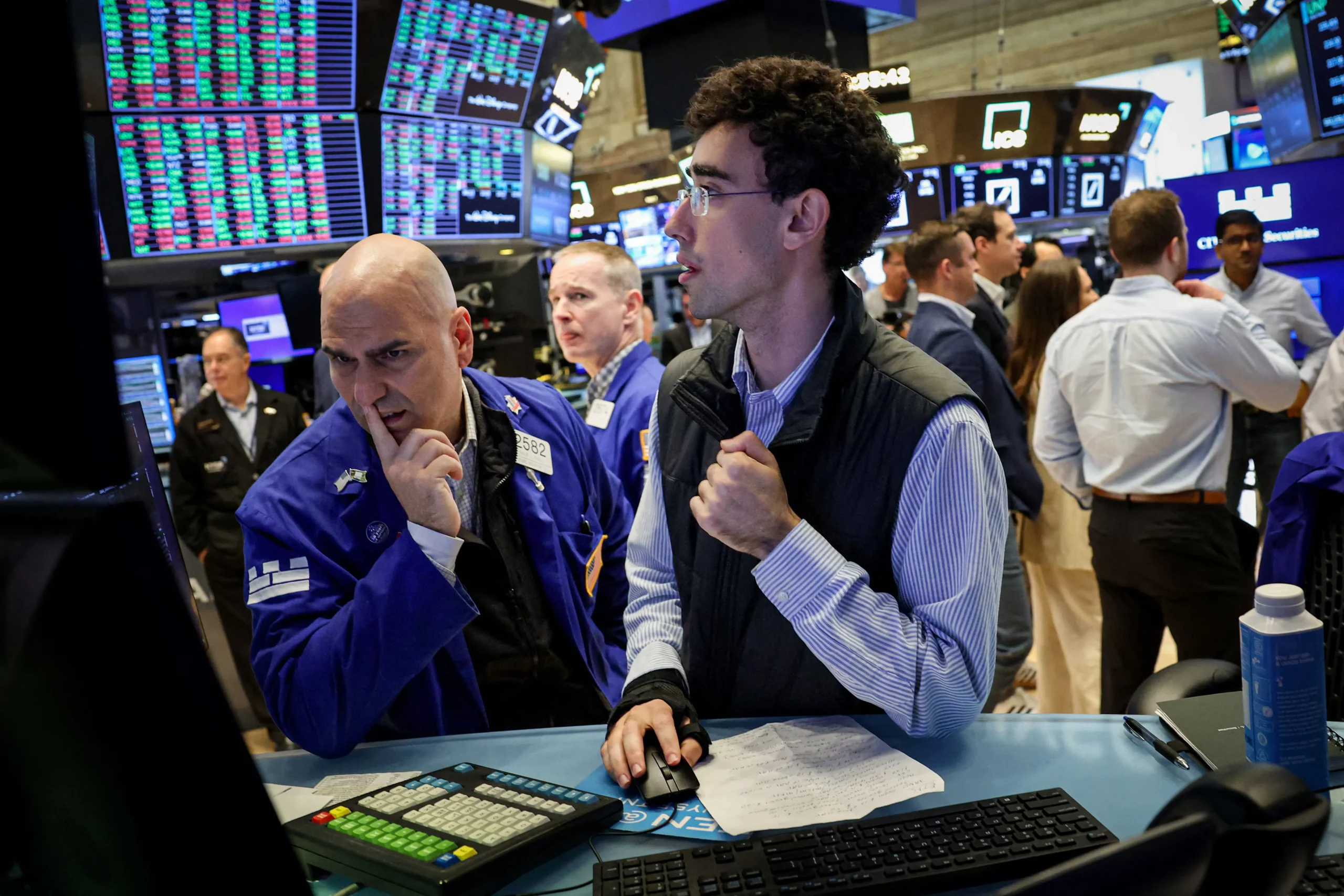Meta Pushes A.I. Spending Beyond $70 Billion: Betting Big on the Future
30.10.2025
An Expanding Vision of Artificial Intelligence
In its relentless pursuit to lead the artificial intelligence race, Meta Platforms Inc. — the parent of Facebook, Instagram, and WhatsApp — has dramatically expanded its investments in data centers and research.
On Wednesday, the company announced that it would raise its capital expenditure forecast for this year to between $70 billion and $72 billion, up from a previous estimate of $66 billion to $72 billion.
Most of this money will fund massive A.I. computing facilities and top-tier research talent. Meta also said its expenditures would be “notably larger in 2026 than 2025,” signaling years of continued acceleration.
Catching Up With Tech Giants
With this latest update, Meta’s budget now rivals that of Microsoft, which expects to spend about $88 billion in its 2025 fiscal year.
For comparison, Meta’s investments were $28 billion in 2023 and $39 billion in 2024 — showing a near-doubling within two years.
Analysts believe total expenditures could approach $100 billion next year, placing Meta among the largest infrastructure spenders in the world.
“We’re laser-focused on establishing Meta as the leading frontier A.I. lab,”
said Mark Zuckerberg, Meta’s CEO, during an earnings call.
Revenue, Profit, and Market Reaction
Meta’s core business — online advertising — continues to finance this massive A.I. expansion.
The company reported third-quarter revenue of $51.2 billion, up 26 percent year over year.
However, profit fell 83 percent to $2.7 billion after a $15.9 billion income-tax charge.
Investors reacted nervously: Meta’s stock fell more than 8 percent in after-hours trading, reflecting uncertainty about whether record-high spending will translate into tangible long-term gains.
The Big Question: Will A.I. Deliver?
Meta claims its A.I. efforts are already improving its advertising business and social-media algorithms — especially the Instagram Reels recommendation engine.
Still, the company has offered few concrete details.
“Everyone is watching the A.I. spending and how it impacts Meta’s ads,” said Andrew Rocco, an analyst at Zacks. “Everything else is a sideshow.”
For the current quarter, Meta projects revenue of $56 billion to $59 billion, maintaining steady growth even as competition intensifies.
Leadership Shake-Ups and Layoffs
Meta’s race to dominate A.I. has been turbulent.
In the past eight months, the company reorganized its A.I. division four times, replacing longtime executives with new hires.
Last week, it laid off 600 employees from its A.I. division, targeting teams behind older, underperforming models.
At the same time, Meta appointed Alexandr Wang, CEO of Scale AI, as its new Chief A.I. Officer, following Zuckerberg’s $14.9 billion investment in Wang’s data-labeling startup earlier this year.
Internally, Meta has also reduced its risk-review team — a move insiders say is meant to speed up product development and deployment.
Products, Users, and the Metaverse Connection
Despite controversy, Meta continues to launch new consumer A.I. products.
Recent releases include Meta Ray-Ban Display smart glasses and Vibes, an A.I.-driven video app.
Still, analysts say the real focus remains on large-scale A.I. models and data-center build-outs, not hardware.
Meta’s family of apps now serves 3.54 billion users, an 8 percent increase from last year, while its workforce grew 8 percent to 78,450.
Meanwhile, its Reality Labs division — which develops A.I. glasses and mixed-reality hardware — posted $470 million in revenue, up 75 percent year over year, but continued to lose $4.4 billion in the quarter.
The Cost of Staying Ahead
Meta’s aggressive spending underscores a stark reality: staying competitive in A.I. requires enormous capital and relentless innovation.
Zuckerberg’s gamble — pouring tens of billions into A.I. infrastructure — could either cement Meta’s dominance or burden it with some of the highest fixed costs in the industry.
For now, one thing is clear: Meta is building not just apps, but the digital backbone of the next era of computing.




